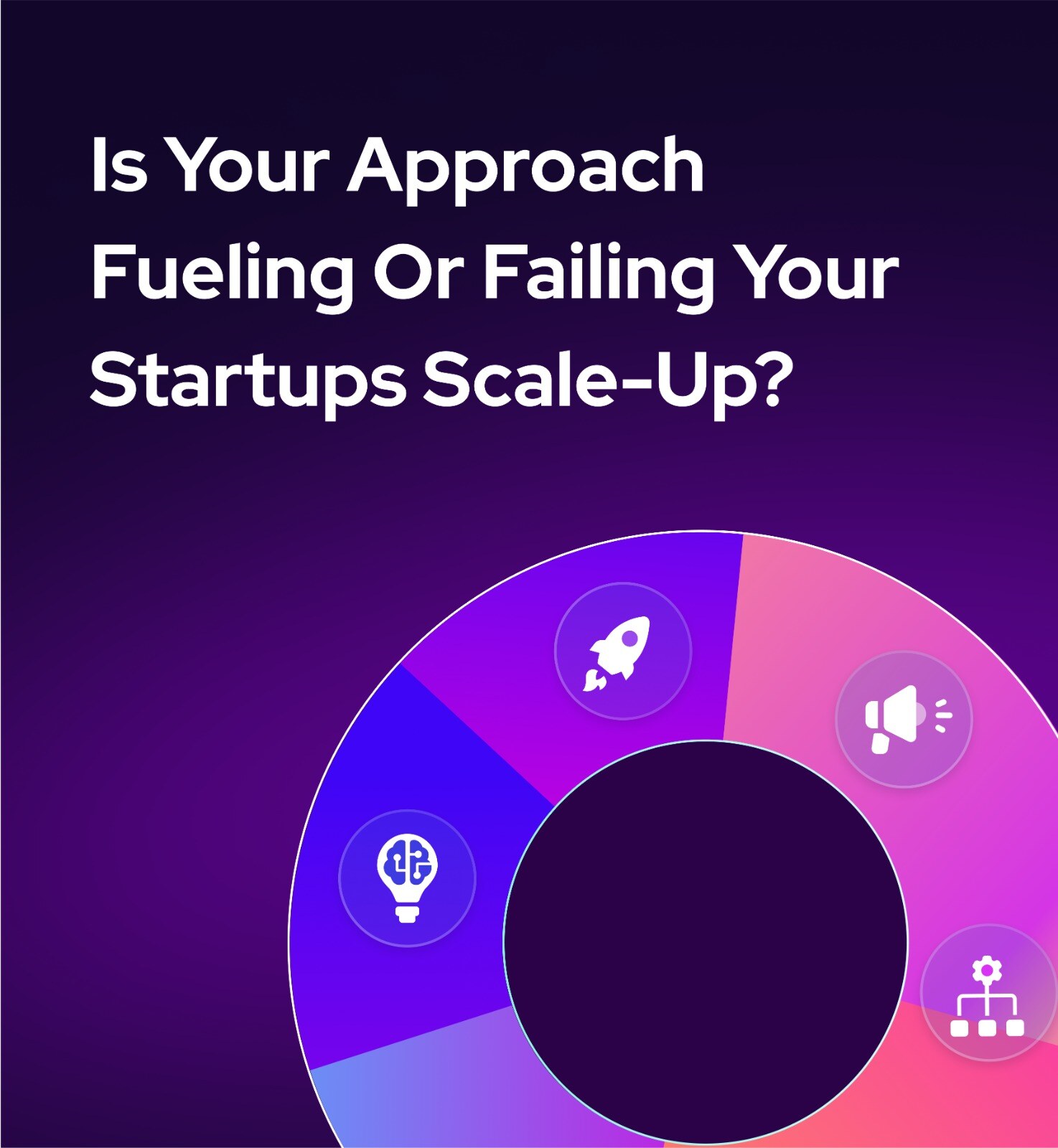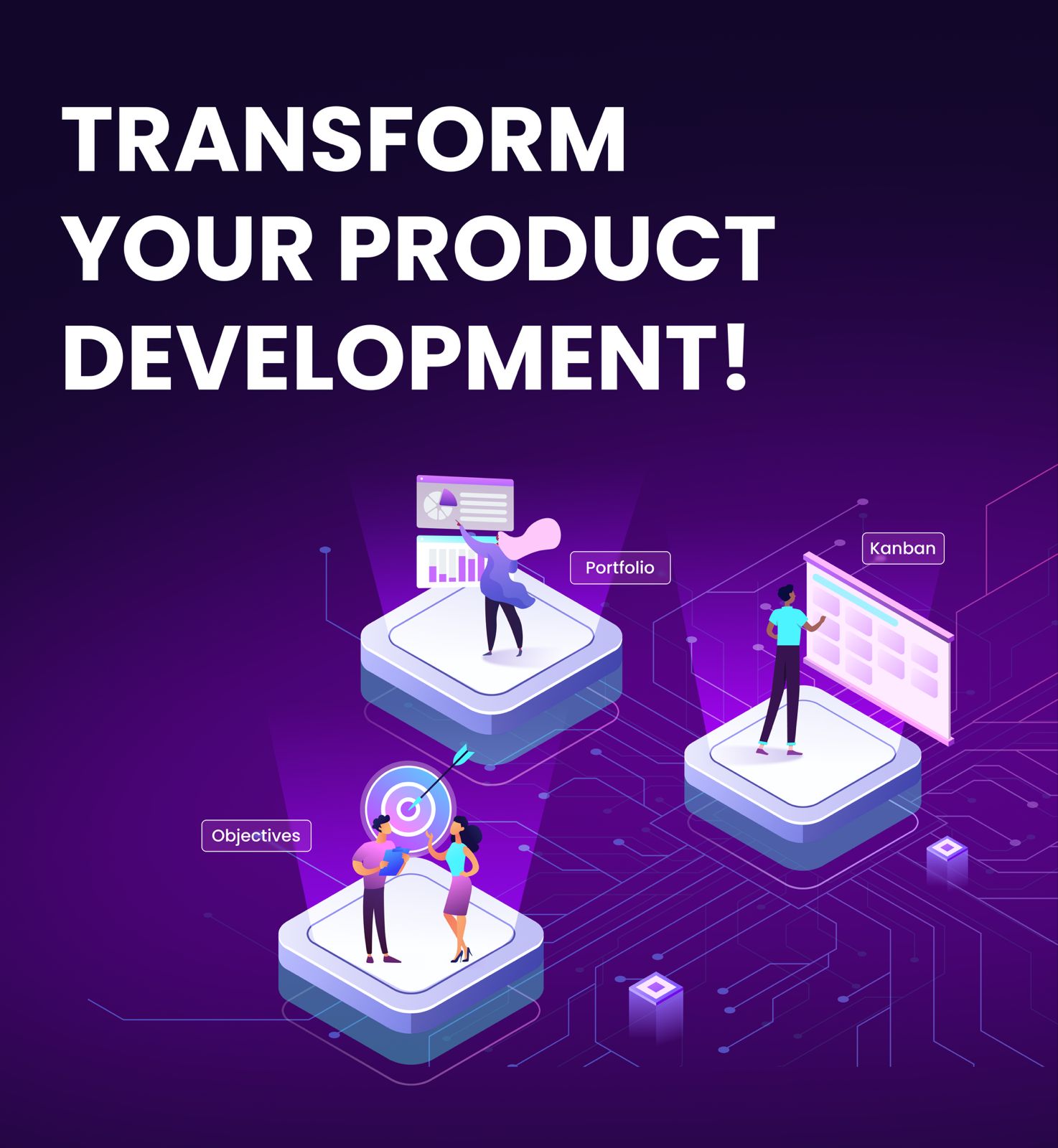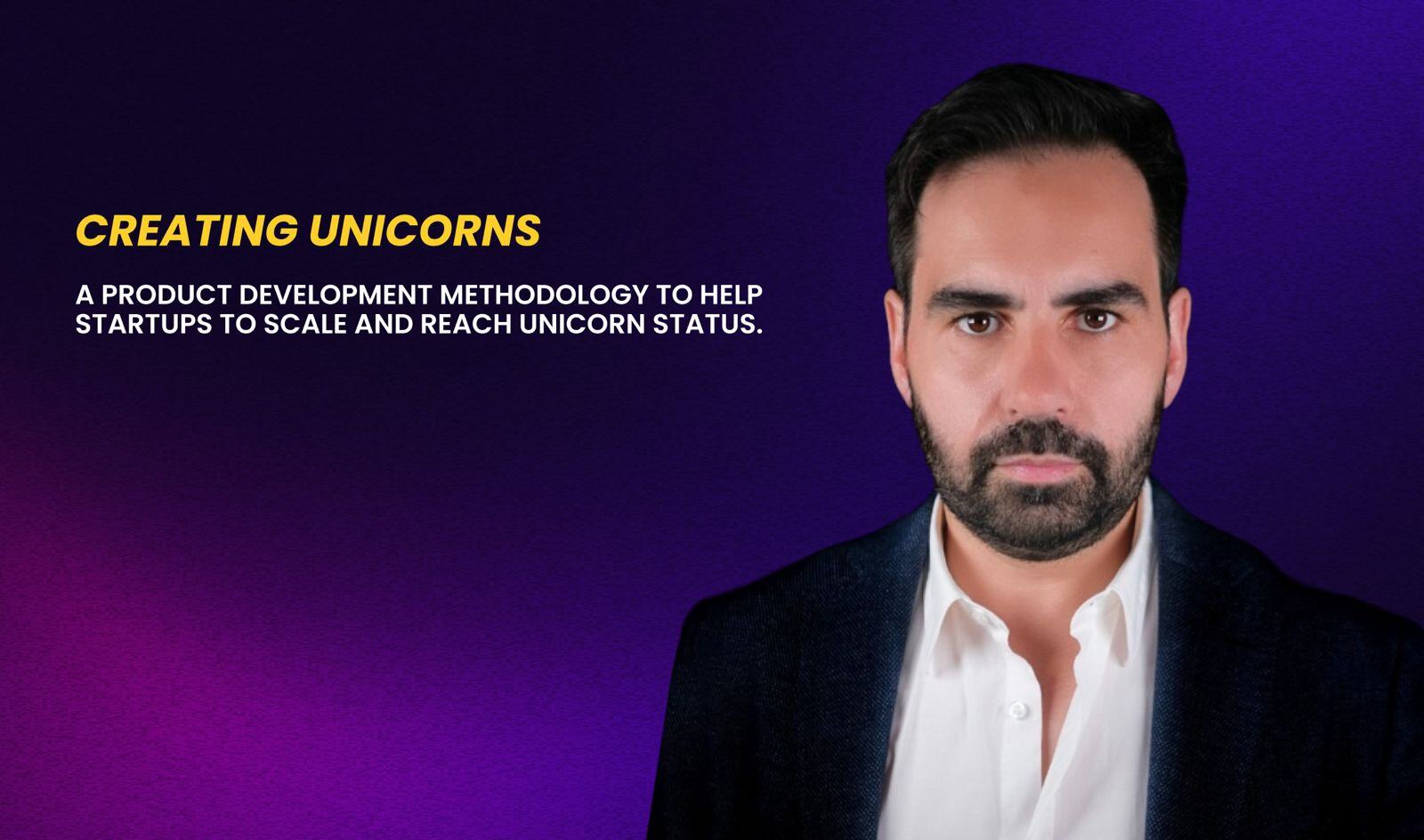5 Critical OKR Disadvantages Scaling Startups Must Overcome
For scaling startups, aligning your growing team around a unified vision is perhaps the most critical leadership capability. Objectives and Key Results (OKRs) have become the gold standard framework for this alignment, popularized by unicorns like Google and adopted by ambitious founders worldwide.
However, as a scaling startup founder, you need to recognize that OKRs aren't a silver bullet. Understanding their potential disadvantages is crucial before implementing them in your high-growth environment.
OKR Disadvantage #1: Specificity vs. Adaptability in Fast-Paced Startups
The Challenge: Many scaling startups struggle with how specific their OKRs should be. While specificity creates clarity, too much detail can become a liability in rapidly changing markets where pivots may be necessary.
The Solution: Focus on outcome-based OKRs rather than task-based objectives. For example, instead of "Launch five new features by Q2," try "Increase user engagement by 30% through product improvements." This approach maintains clarity while giving your team flexibility in execution—crucial for startups that need to adapt quickly to market feedback.
OKR Disadvantage #2: Measurement Challenges in Innovation-Heavy Teams
The Challenge: Technical and creative teams in scaling startups often struggle to quantify their impact, particularly when working on innovative solutions without historical benchmarks.
The Solution: Break objectives down into milestone-based key results that signal progress. For example, a startup developing a new AI feature might use KRs like "Complete successful beta with 50 users" or "Achieve 80% accuracy in prediction model." These milestones provide measurable markers without stifling innovation.
OKR Disadvantage #3: Balancing Ambition with Resource Constraints
The Challenge: The classic advice to set "moonshot OKRs" often collides with the resource limitations of scaling startups. Overly ambitious goals can demoralize teams when they consistently fall short due to constraints beyond their control.
The Solution: Implement a dual-tracking system with "committed OKRs" (must achieve, 100% expectation) and "aspirational OKRs" (stretch goals, 70% achievement considered success). This approach maintains ambition while acknowledging your startup's resource reality, preventing burnout as you scale.
OKR Disadvantage #4: Maintaining Relevance During Rapid Growth
The Challenge: As startups scale rapidly, priorities can shift weekly. OKRs set at the beginning of a quarter may quickly become irrelevant as market conditions change or new opportunities emerge.
The Solution: Embrace the 70/20/10 model: 70% of OKRs tied to core business growth, 20% to emerging opportunities, and 10% to experimental initiatives. Combined with monthly OKR reviews, this approach ensures your framework remains relevant even as your startup evolves at lightning speed.
OKR Disadvantage #5: Finding the Right Cadence for Your Growth Stage
The Challenge: Many startups blindly adopt quarterly OKRs without considering whether this timeframe aligns with their specific growth stage and market dynamics.
The Solution: Tailor your OKR cadence to your startup's velocity. Pre-product-market fit startups might benefit from monthly OKRs to enable rapid iteration, while scaling companies with established products can extend to quarterly cycles with monthly check-ins. The key is matching your OKR rhythm to your business reality.
Beyond the Disadvantages: Why Scaling Startups Still Need OKRs
Despite these challenges, a well-implemented OKR framework provides critical benefits for scaling startups:
- Cross-functional Alignment: As you grow beyond the "everyone in one room" stage, OKRs create transparent connections between teams that might otherwise become siloed.
- Resource Optimization: Clear priorities prevent duplicate efforts and help you allocate limited resources to highest-impact initiatives.
- Decision Velocity: When new opportunities arise, having clear OKRs provides an instant framework for evaluating whether to pursue them.
- Fundraising Advantage: Investors are increasingly looking for structured goal-setting processes as a sign of operational maturity.
Conclusion
Despite the disadvantages outlined above, the OKR framework remains one of the most powerful alignment tools available to ambitious founders. The most successful scaling startups don't view OKRs as a rigid methodology but as an adaptable system that evolves with their company.
When implementing the OKR framework in your scaling organization, start with simplicity—focus on company-wide and team-level objectives before introducing individual OKRs. This gradual approach prevents overwhelming your team while still creating the alignment necessary for growth.
As your startup expands beyond 50+ employees, you can refine your OKR framework by introducing more sophisticated tracking mechanisms and deeper integration with your performance management systems. The key is maintaining flexibility—your OKR framework should adapt to your company's growth stage, not the other way around.
Remember that the ultimate purpose of the OKR framework isn't perfect adherence to methodology, but creating the unified direction and momentum needed to transform your startup's vision into reality. When implemented thoughtfully, with awareness of these potential disadvantages, OKRs become not just a goal-setting tool but a cornerstone of your scaling strategy.
Disclaimer
This blog post was initially generated using Inno Venture AI, an advanced artificial intelligence engine designed to support digital product development processes. Our internal team has subsequently reviewed and refined the content to ensure accuracy, relevance, and alignment with our company's expertise.
Inno Venture AI is a cutting-edge AI solution that enhances various aspects of the product development lifecycle, including intelligent assistance, predictive analytics, process optimization, and strategic planning support. It is specifically tailored to work with key methodologies such as ADAPT Methodology® and Scaleup Methodology, making it a valuable tool for startups and established companies alike.
Inno Venture AI is currently in development and will soon be available to the public. It will offer features such as intelligent product dashboards, AI-enhanced road mapping, smart task prioritization, and automated reporting and insights. If you're interested in being among the first to access this powerful AI engine, you can register your interest at https://innoventureai.com/

Take The Test

Sign Up
You May Also Like
These Related Stories

OKR Guidelines: The Ultimate Playbook for Scaling Startups

The OKR Approach: How Scaling Startups Achieve Explosive Growth

